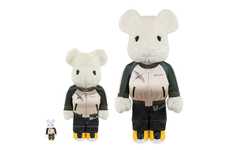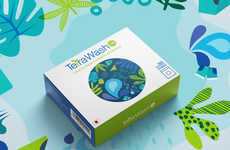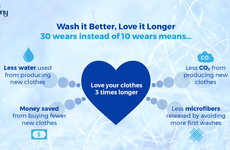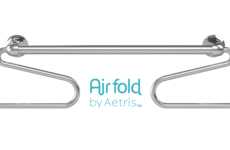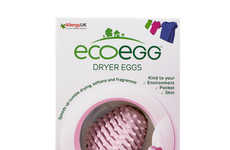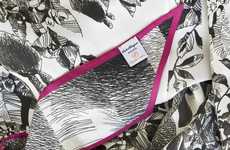



Clothing and laundry brands aim to reduce microfiber pollution
Trend - Brands in fashion and laundry-related industries are now focusing on microfiber pollution reduction–which has enormous consequences on aquatic life in particular. This shift comes with consumers slowly changing their consumption habits to reduce their environmental impact, with some brands hoping to guide them in this process.
Insight - For consumers, it can be difficult to determine how much they can reduce their carbon footprint with habitual changes. Outside of more known issues like disposable plastic use, fast fashion and general shopping habits can have implications for the environment in lesser-known ways. In many cases, consumers prefer that brands take the lead in informing and providing the tools for environmental harm-reduction.
Insight - For consumers, it can be difficult to determine how much they can reduce their carbon footprint with habitual changes. Outside of more known issues like disposable plastic use, fast fashion and general shopping habits can have implications for the environment in lesser-known ways. In many cases, consumers prefer that brands take the lead in informing and providing the tools for environmental harm-reduction.
Workshop Question - How could your brand reexamine and reduce its environmental footprint?
Trend Themes
1. Microfiber Pollution Reduction - Brands in fashion and laundry-related industries are now focusing on microfiber pollution as consumers slowly change their consumption habits, with some brands hoping to guide them in this process.
2. Biodegradable Fibers - Companies like Mango Materials are using waste methane to create biodegradable fibers that can be used for clothing, aiming to address the environmental impact of fast fashion and microfibers.
3. Odor Control and Clothing Longevity - Brands like Icebreaker are creating odor-resistant clothing made from natural fibers that last longer in between washes, reducing water usage and microfiber pollution.
4. Microfiber Pollution Reduction Through Filters - Companies like Girlfriend Collective are creating non-apparel laundry products, such as microfiber filters, that can be installed to reduce the output of microfibers in the water stream.
Industry Implications
1. Fashion - As more consumers become environmentally conscious, fashion brands need to focus on sustainable practices and materials to address issues like microfiber pollution.
2. Laundry - Laundry-related industries should focus on creating products that reduce the output of microfibers during washing, such as filters or eco-friendly detergents.
3. Waste Management - Companies in the waste management industry can collaborate with fashion and laundry-related industries to develop eco-friendly solutions for reducing microfiber pollution and reducing textile waste.
4 Featured, 30 Examples:
79,758 Total Clicks
Date Range:
Oct 17 — Jun 19
Trending:
Mild
Consumer Insight Topics:




